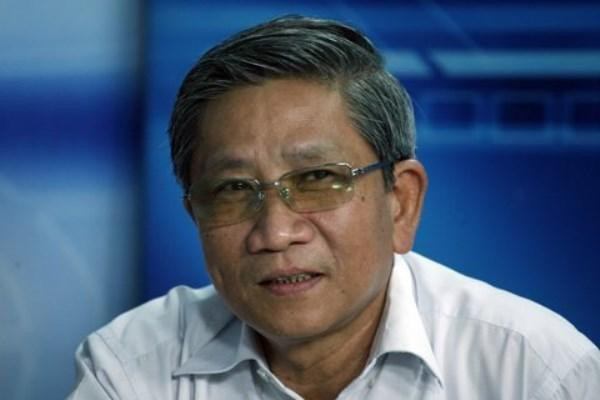
Prof Dr Nguyen Minh Thuyet, chief editor of the 2018 new general education program, affirmed that the new general education program has been designed in a very careful and serious way, based on the Party’s guidelines, the State’s legal documents, and the requirements of reality, with reference to international practice.
According to Thuyet, based on Resolution 03 dated July 16, 1998 on building an advanced culture deeply imbued with national identity, and Resolution 33 dated June 9, 2014 on building and developing Vietnamese culture and people to meet the requirements of sustainable development of the country, the new general education program has defined five major virtues that need to be developed in students, including patriotism, compassion, diligence, honesty and responsibility.
The program has prescribed 14 educational contents, including citizenship education, defense and security education, and social science education. Each educational content is implemented in all learning subjects and activities, while some learning subjects and educational activities take on the core role, according to Thuyet.
For example, citizenship education plays the core role in educating students with civic consciousness and behaviors. Through lessons on lifestyle, ethics, law and economics, citizenship education contributes to fostering students' key qualities and core competencies, especially awareness, belief, and behavior in accordance with ethical standards and provisions of the law.
Also, citizenship education is implemented through all learning subjects and educational activities, especially social science subjects and experiential activities. Citizenship education at secondary education, economics and law education at high education levels are core learning subjects.
Meanwhile, social science education plays a key role in educating people's outlook on life, worldview, perfecting personality, instilling a national consciousness, patriotism, human values, community spirit and the typical qualities of a global citizen.
Social science education is implemented in many educational subjects and activities, of which the core subjects are: Nature and Society (grade 1, grade 2 and grade 3); History and Geography (grades 4 to 9); History, Geography (high school).
National defense and security education provide students with basic knowledge and skills.
National defense and security education at primary and secondary schools is integrated in learning subjects and educational activities, ensuring that students form initial understanding of the tradition of building and defending the country.
Thuyet affirmed that educating about patriotism is not the only ‘task’ of history. Patriotism can be fostered through many subjects and educational activities.
When they finish secondary school, students will have completed all basic educational content, including history education.
Phuong Chi